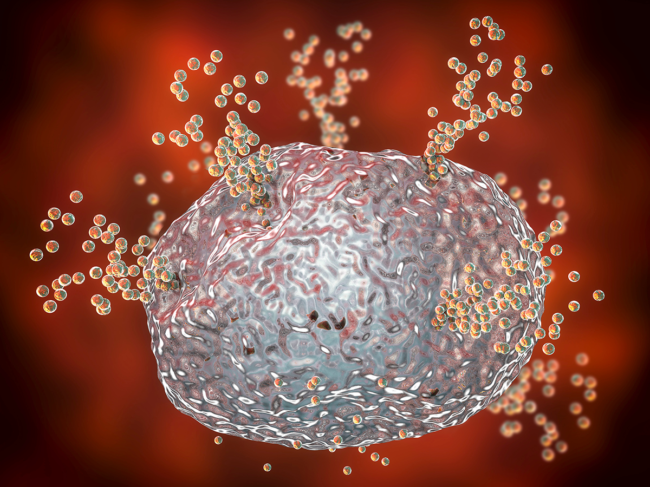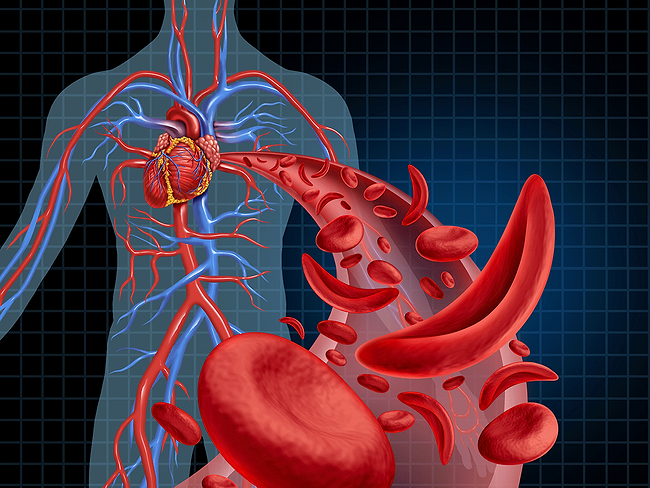
Conferences
Neurology/Psychiatric
NX-210c, a promising disease-modifying drug for neurodegenerative disorders
Read MoreNeurology/Psychiatric
Selective P2X7 pathway activation enhances skeletal muscle regeneration in ALS mice
Read More2023 FDLI Enforcement Conference



